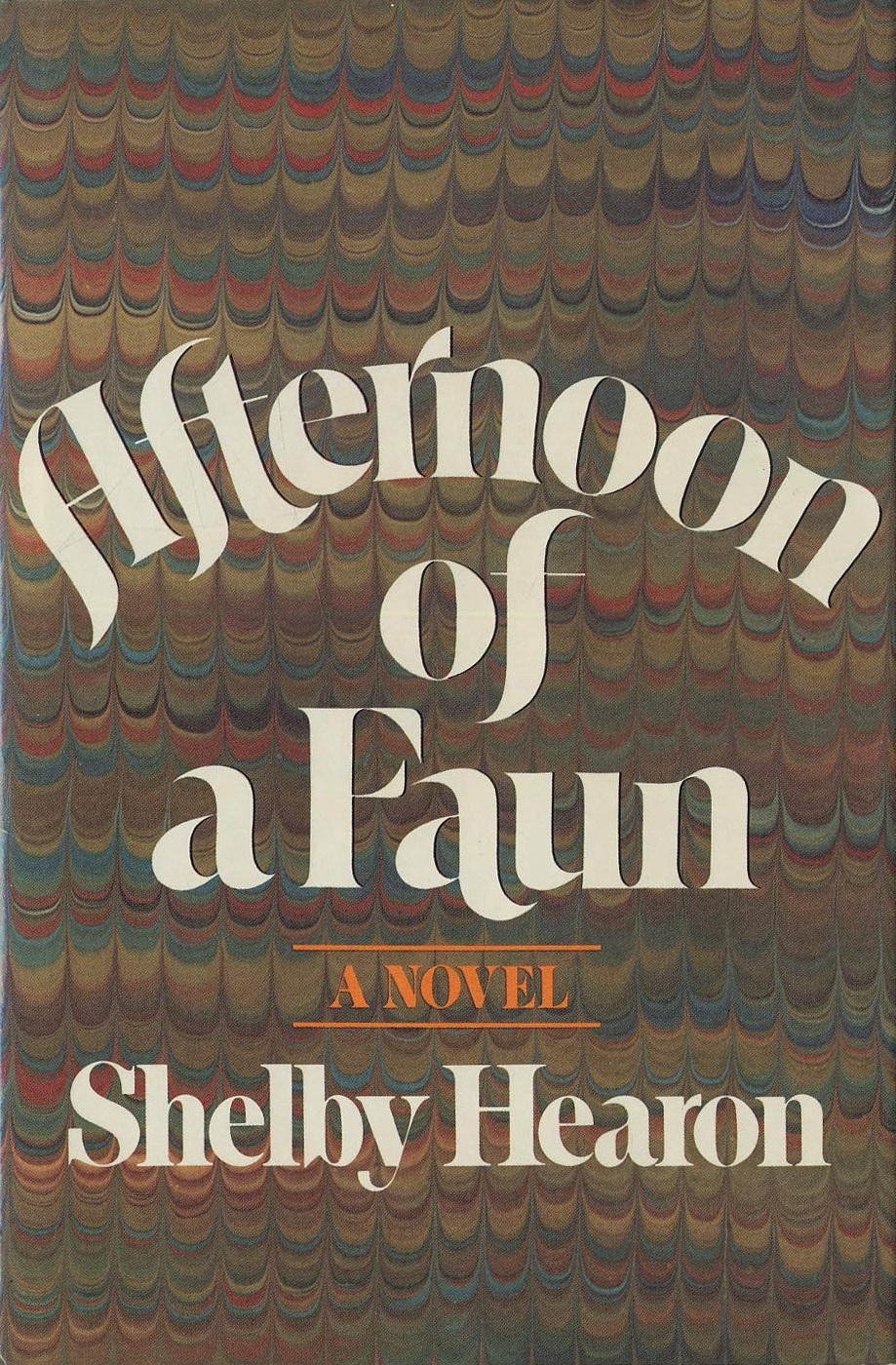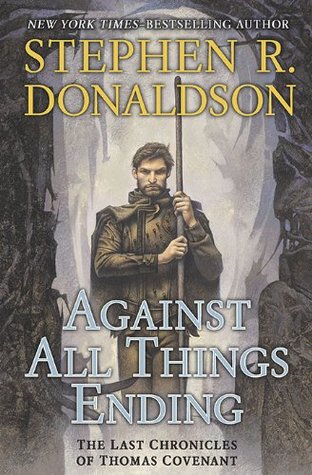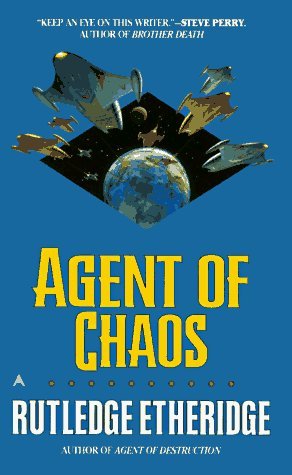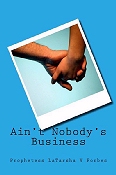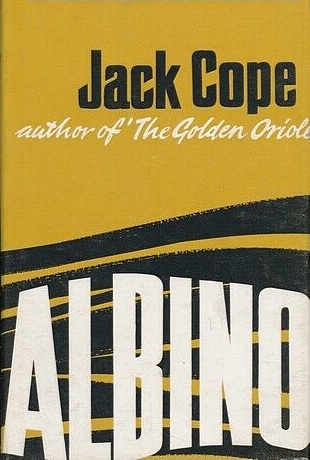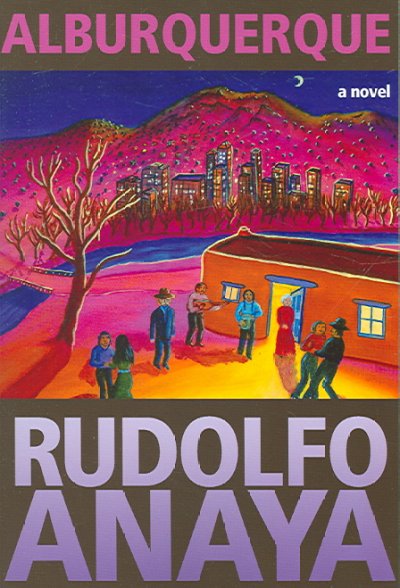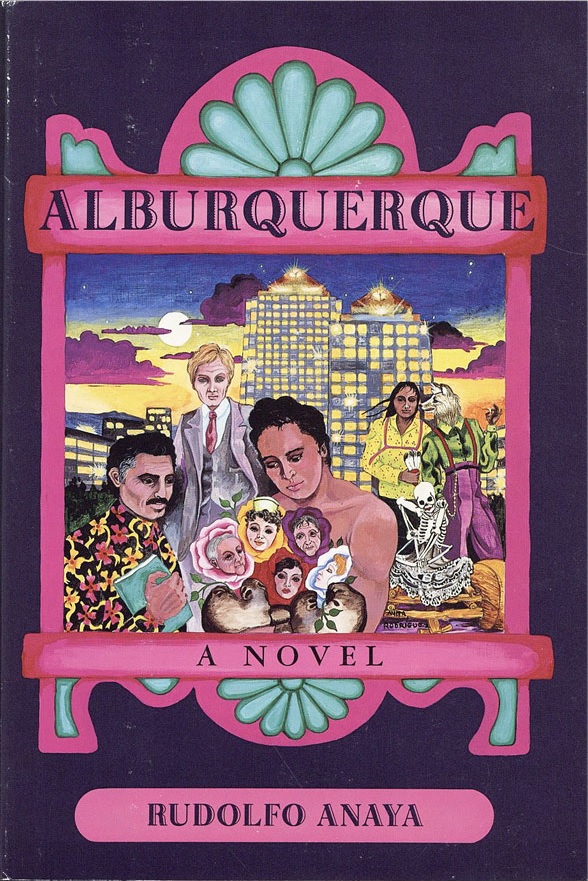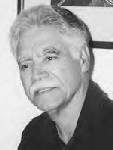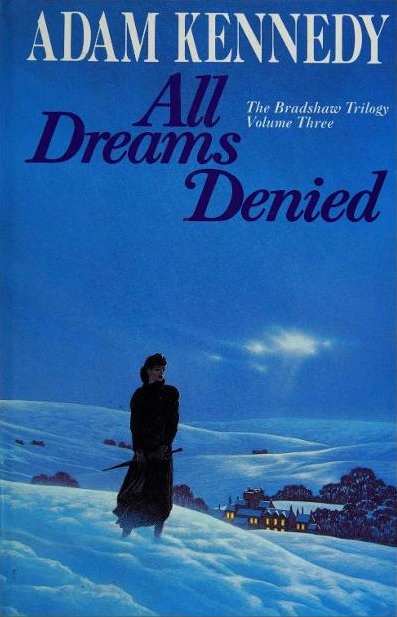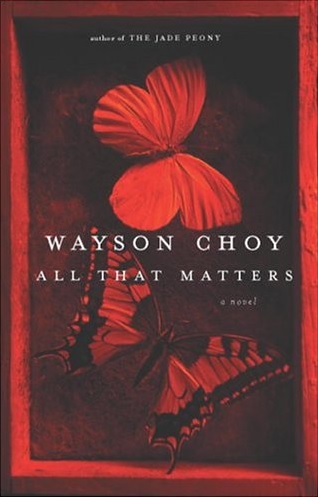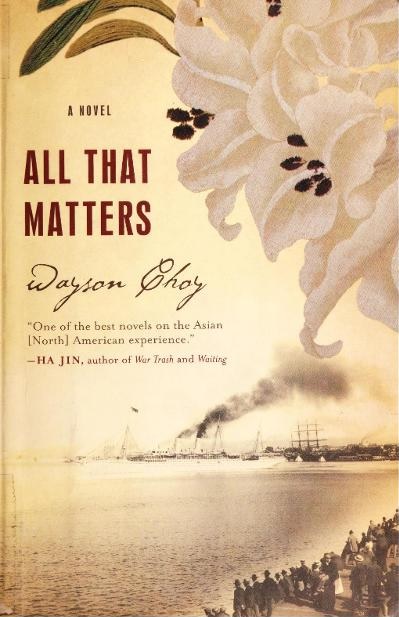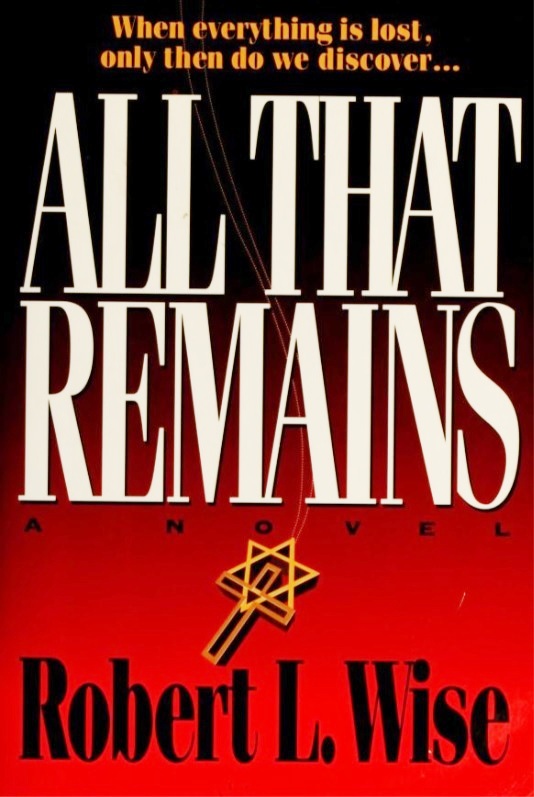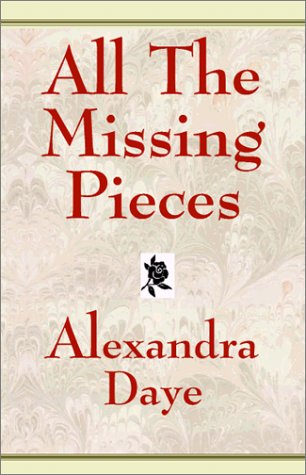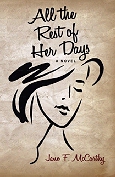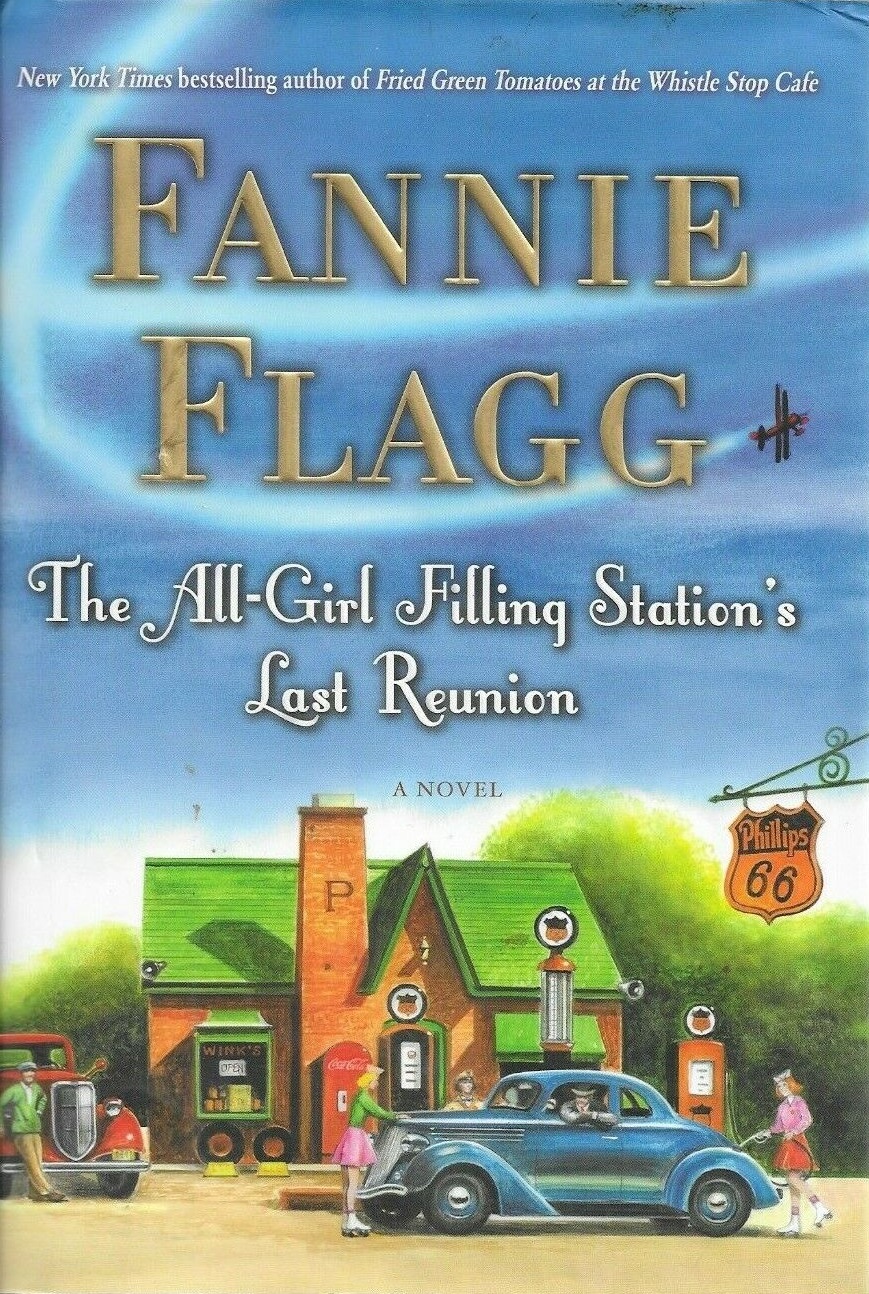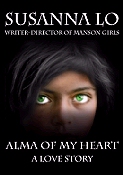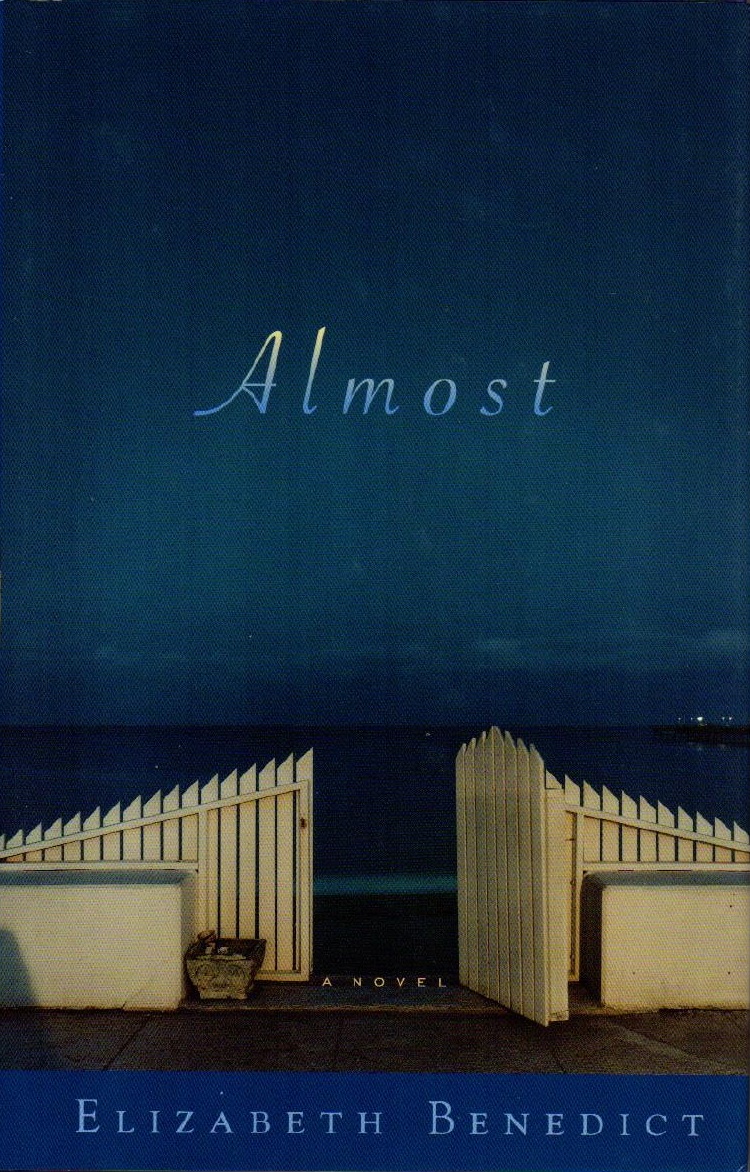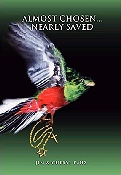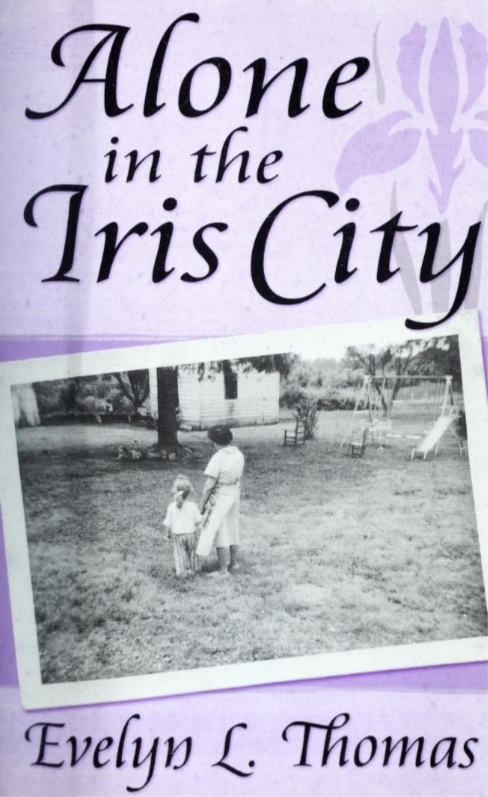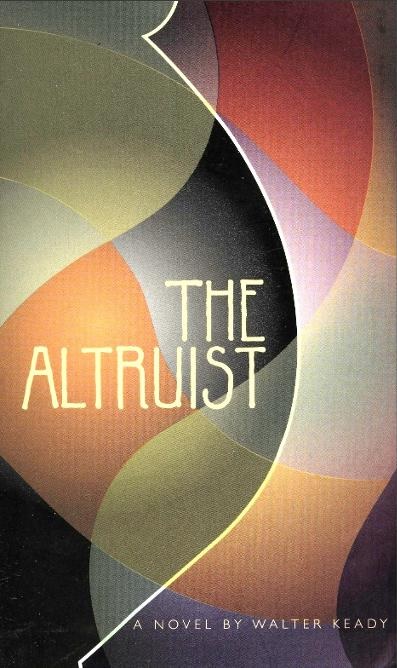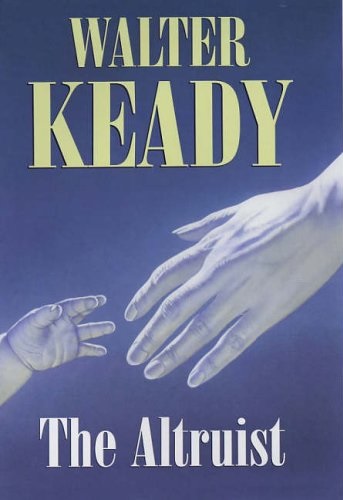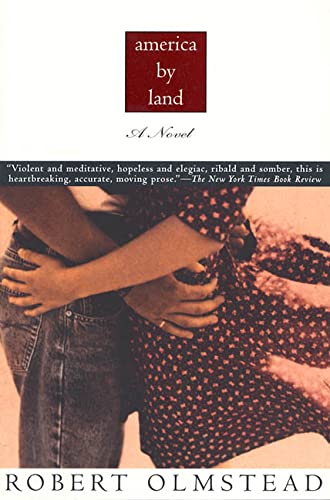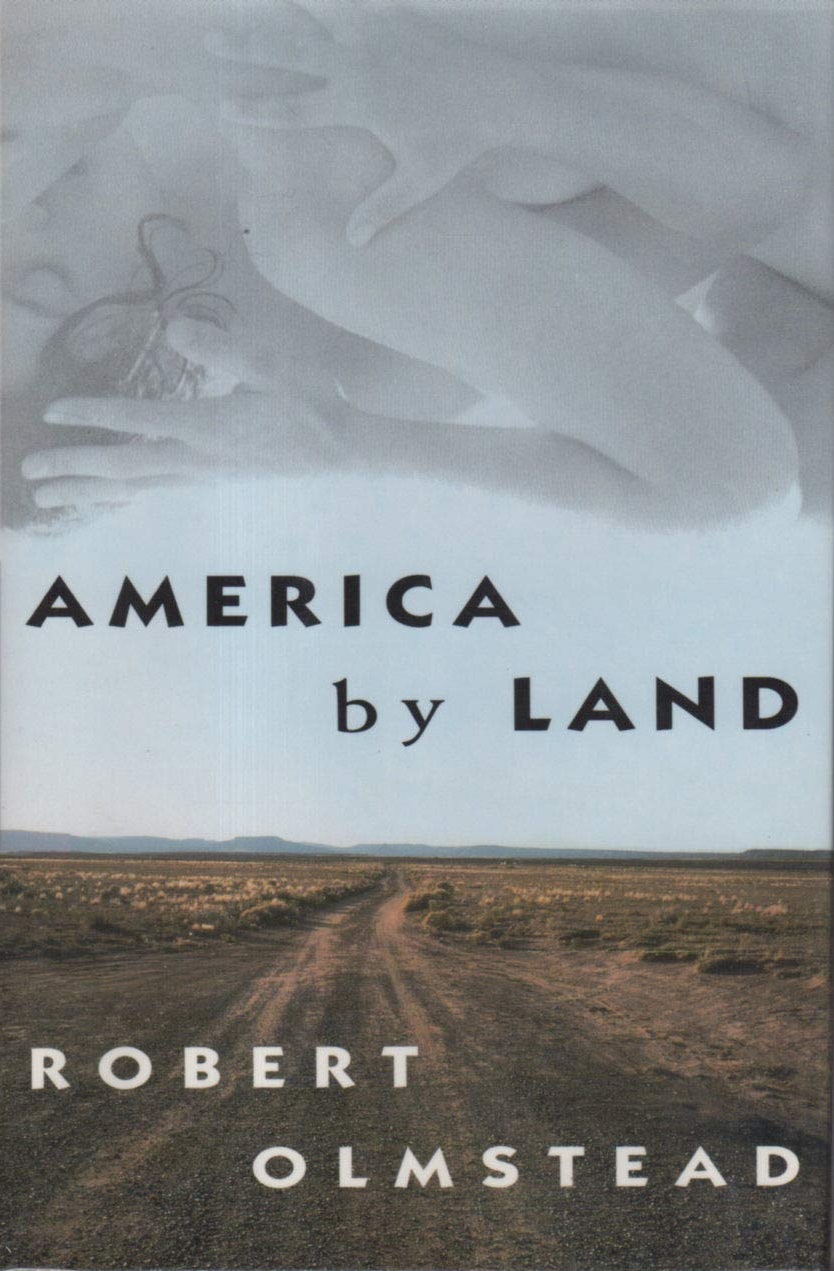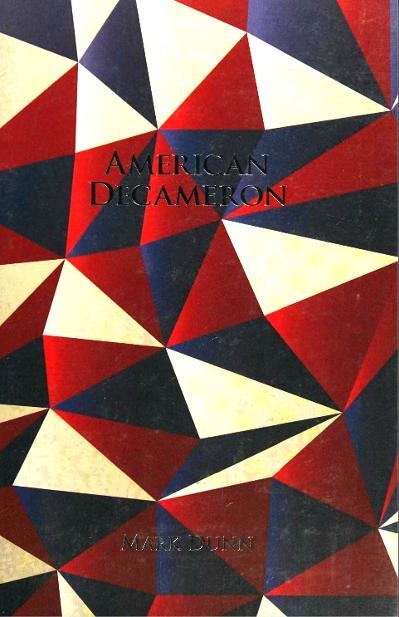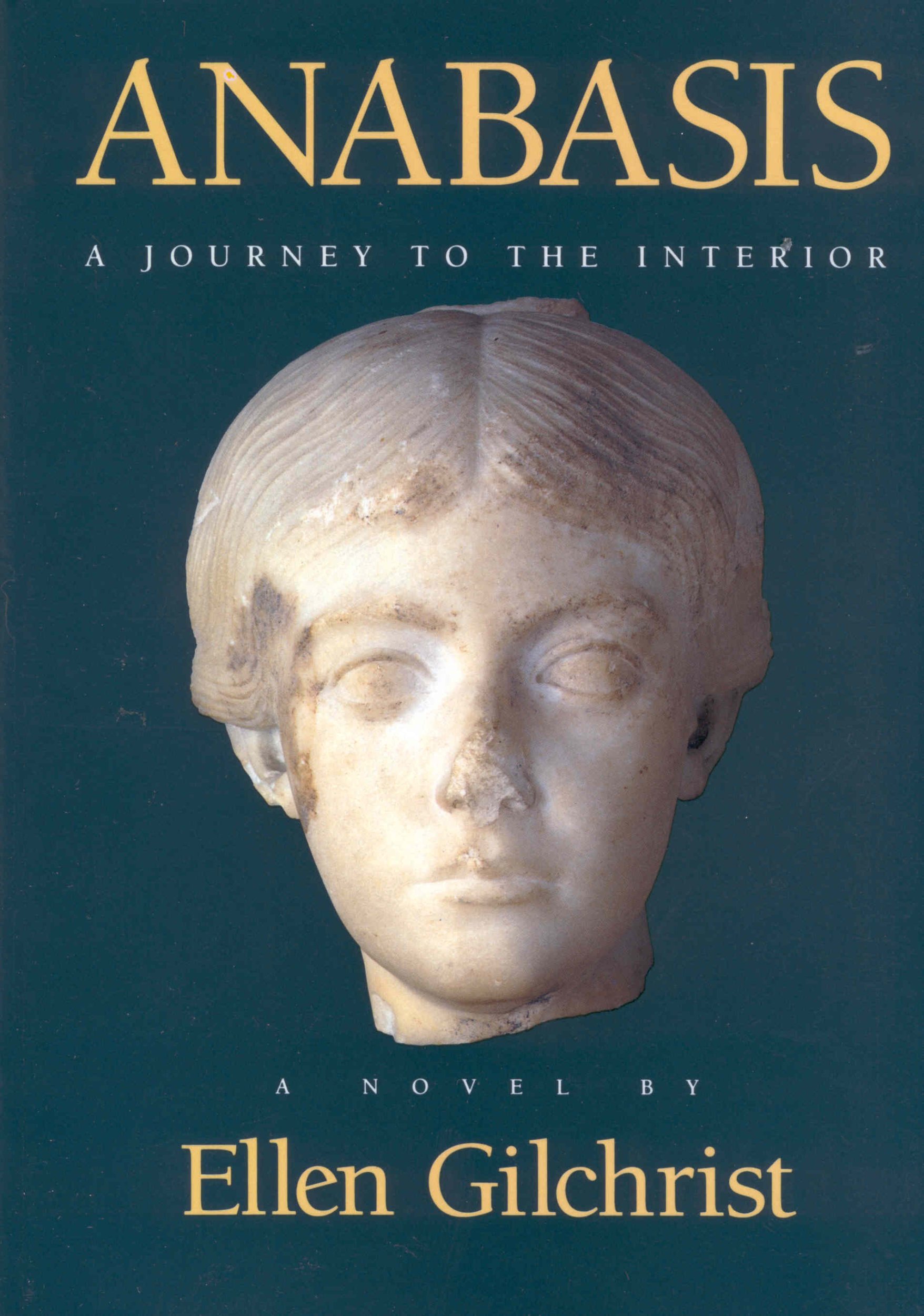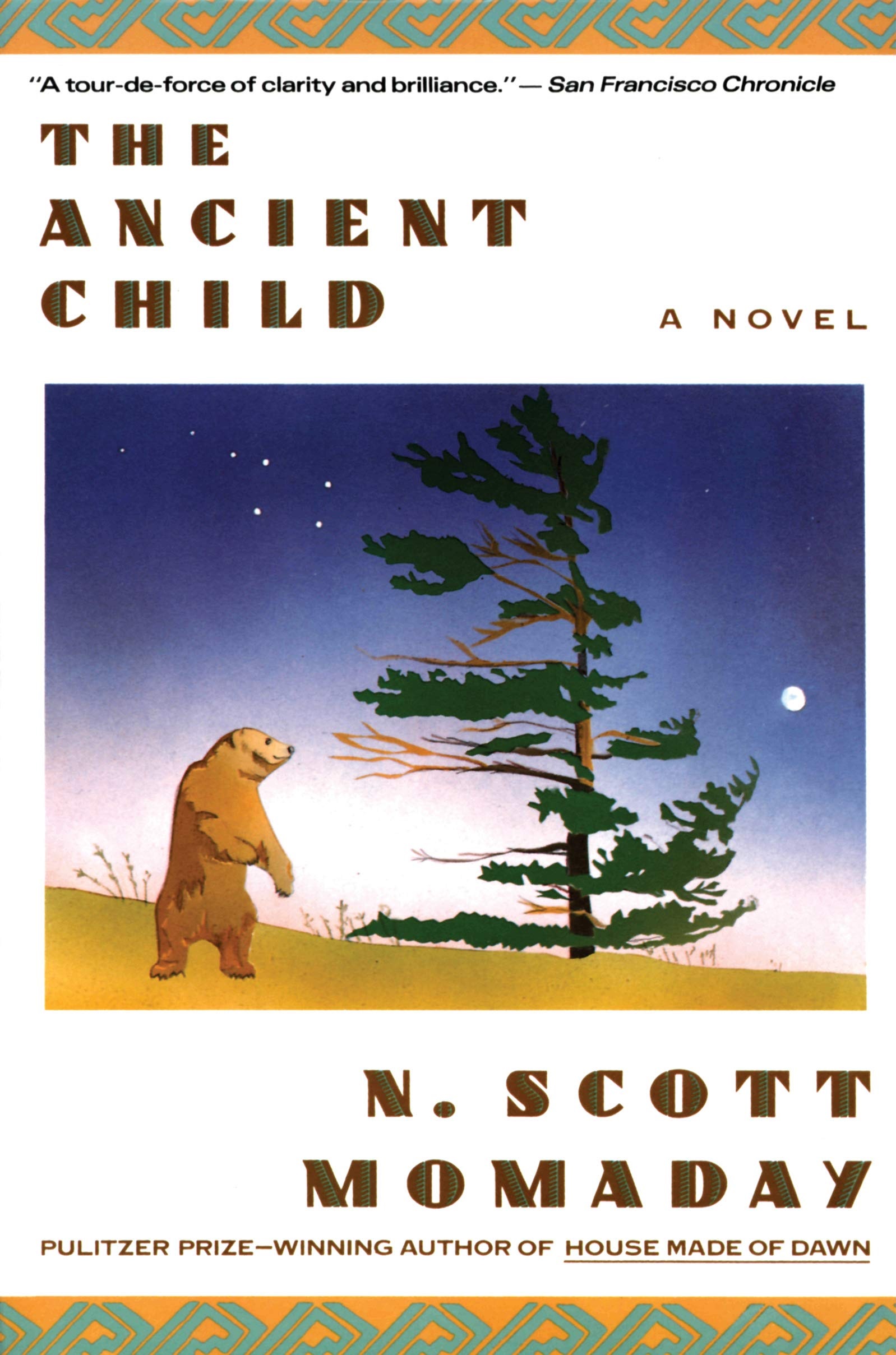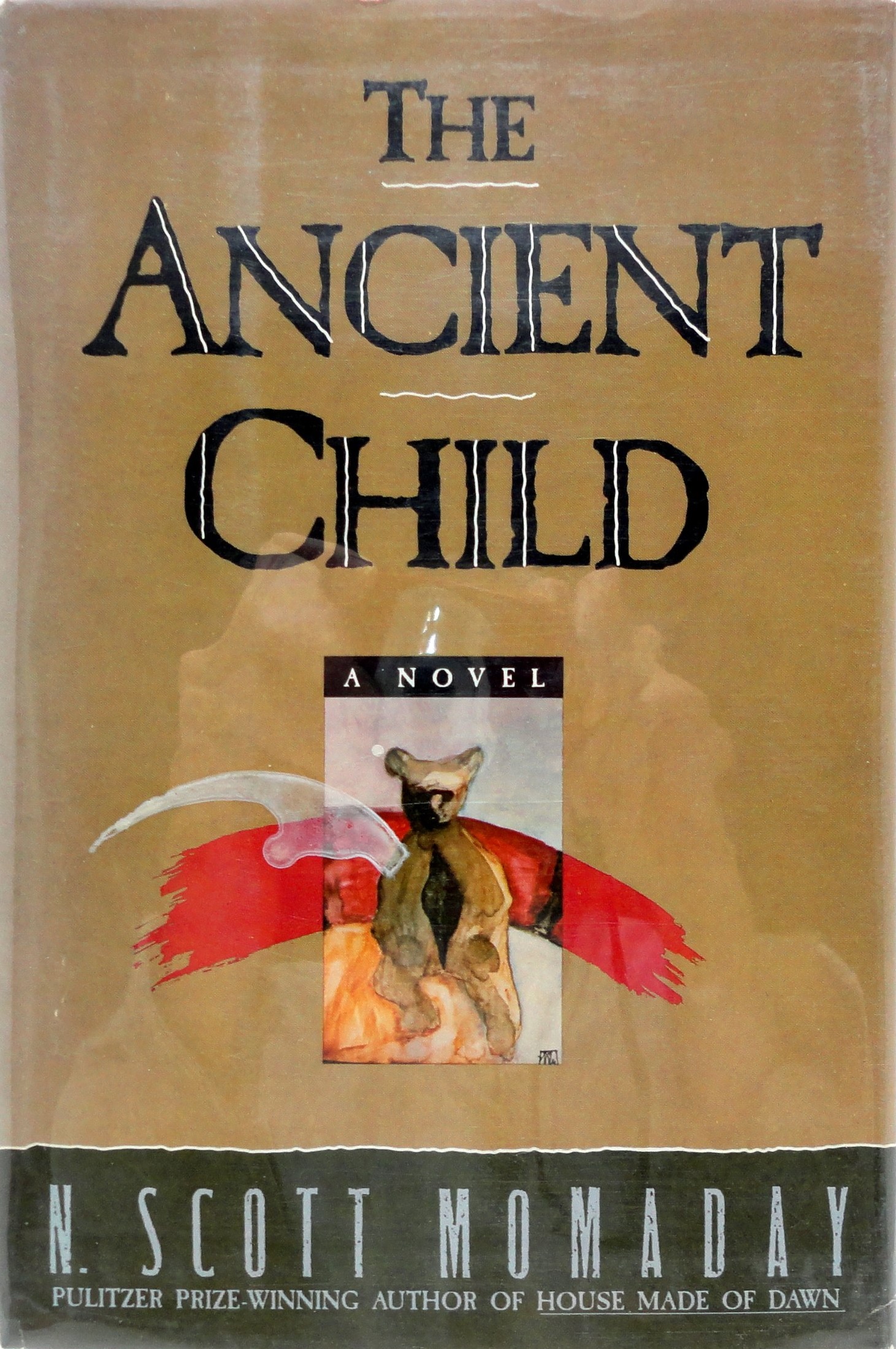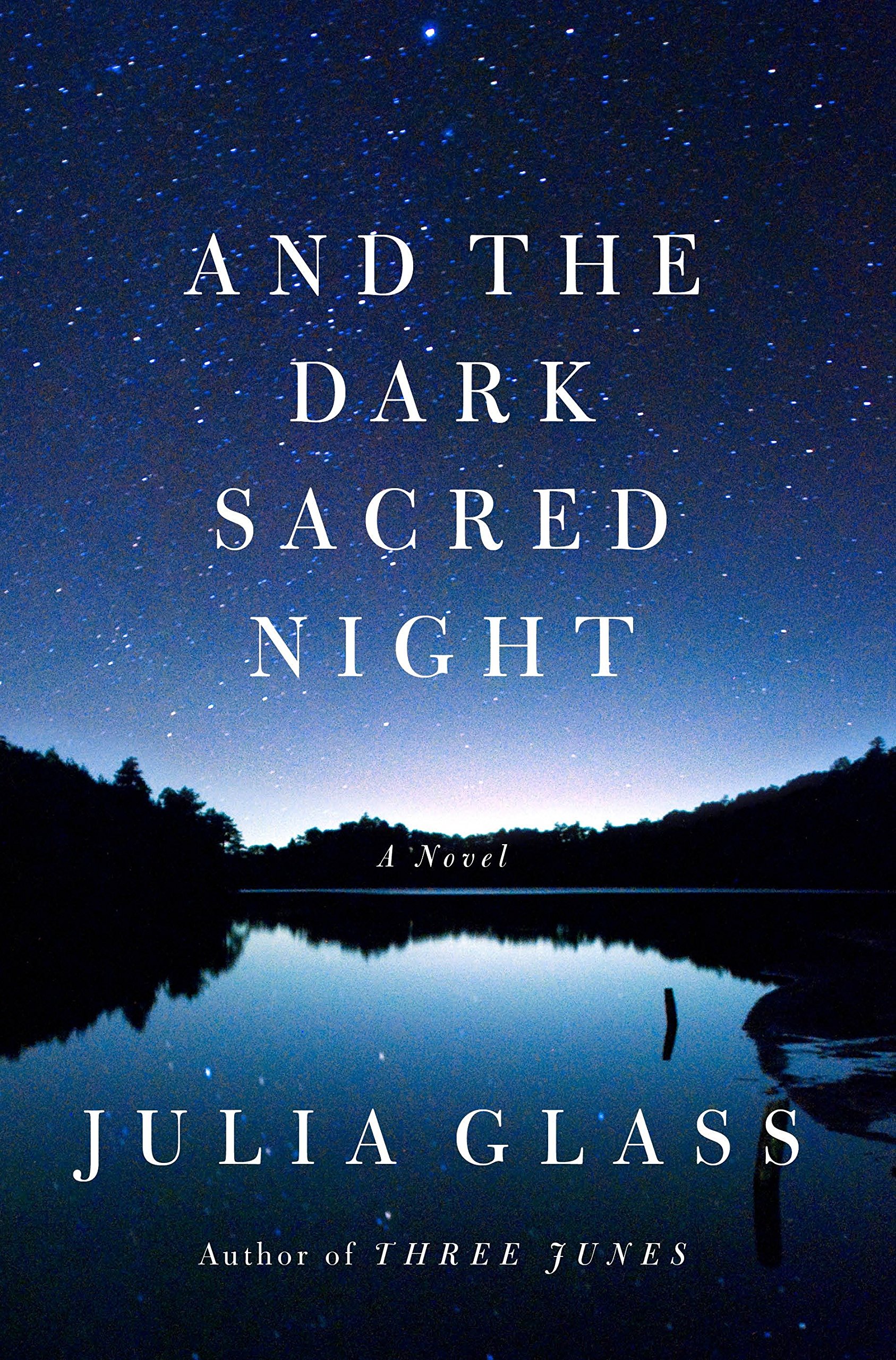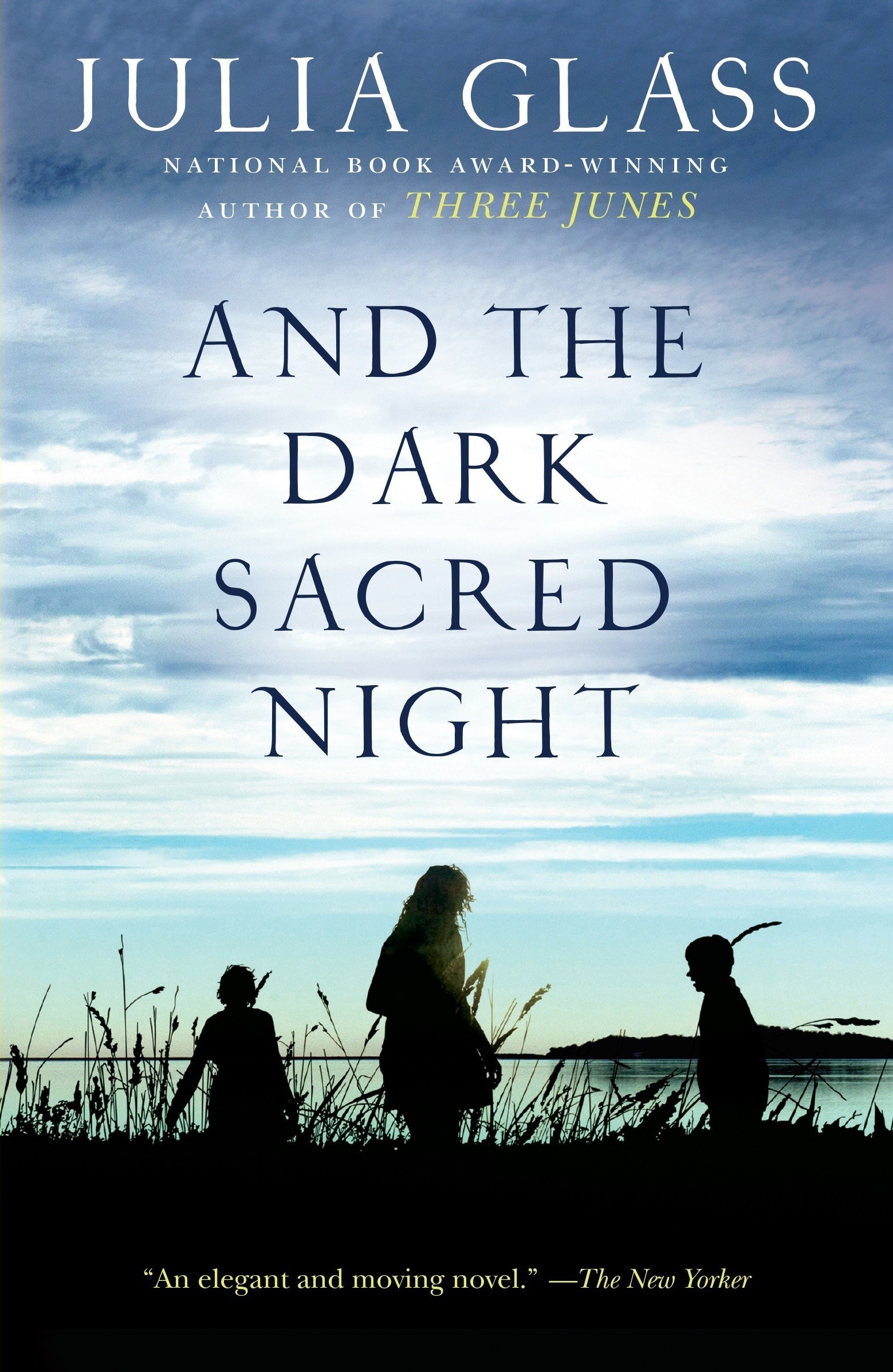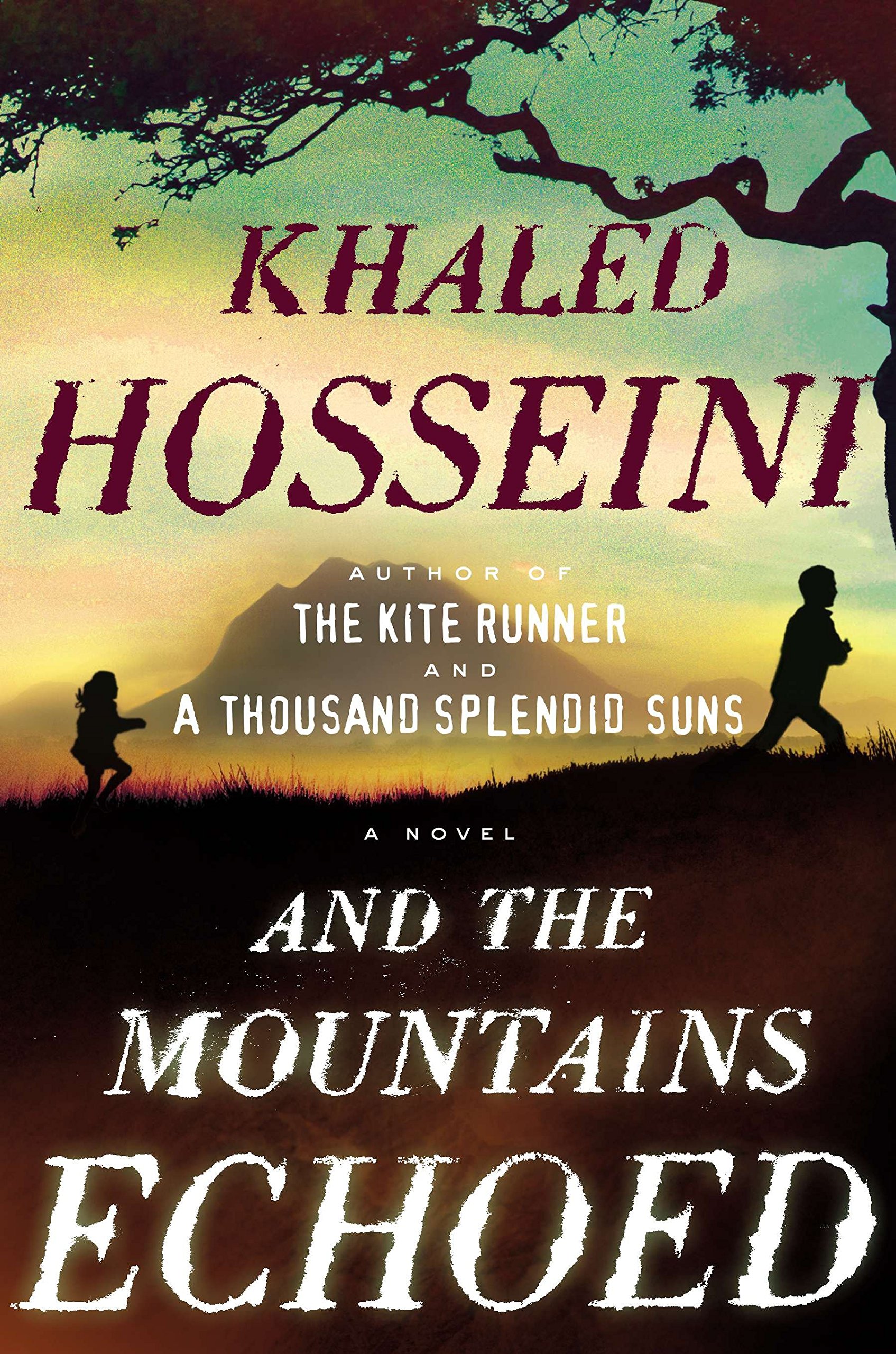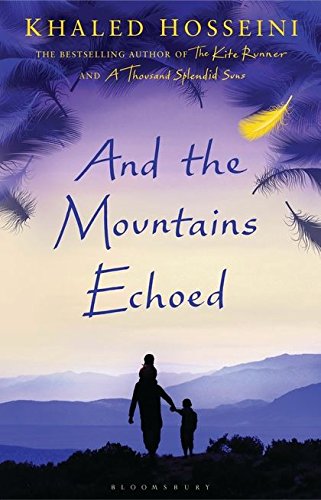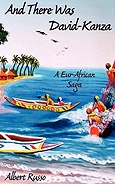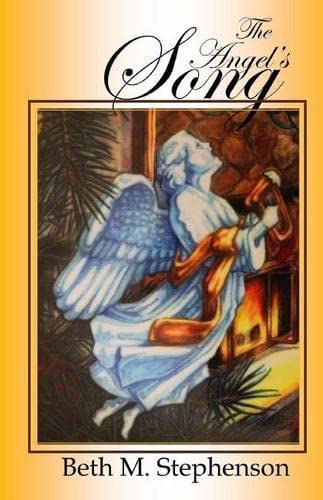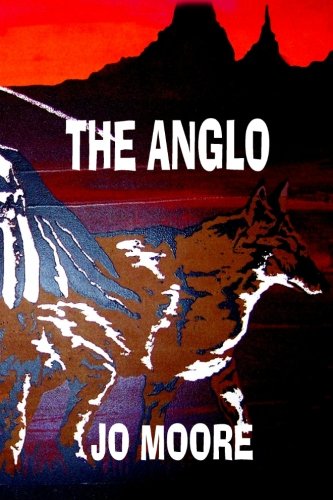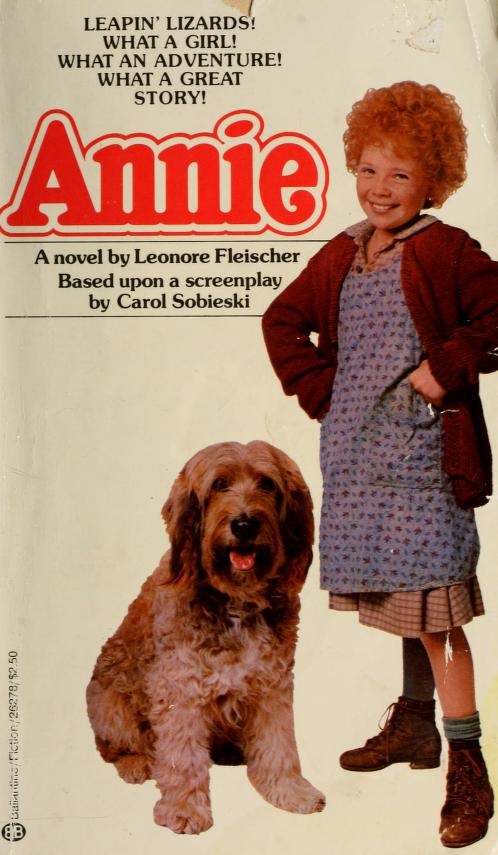From the Publisher:
From the award-winning and highly acclaimed author of
Ella Minnow Pea comes Mark Dunn’s most ambitious novel to date.
American Decameron tells one hundred stories, each taking place in a different year of the 20th century.
A girl in Galveston is born on the eve of a great storm and the dawn of the 20th century. Survivors of the Lusitania are accidentally reunited in the North Atlantic. A member of the Bonus Army find himself face to face with General MacArthur. A failed writer attempts to end his life on the Golden Gate Bridge until an unexpected heroine comes to his rescue, and on the doorstep of a new millennium, as the clock strikes twelve, the stage is set for a stunning denouement as the American century converges upon itself in a Greenwich nursing home, tying together all of the previous tales and the last one hundred years.
Zany and affecting, deeply moving and wildly hilarious, American Decameron is one America’s most powerful voices at the top its game.
About the Author:
Born in Memphis, Tennessee, Mark Dunn is the author of five previous novels—including Ella Minnow Pea and Ibid—and more than thirty full-length plays. He is currently the playwright-in-residence with the New Jersey Repertory Company and the Community Theatre League in Williamsport, Pennsylvania. He lives in Albuquerque, NM.
Compiler’s Note:
Although described by its publisher as a novel, the Library of Congress catalog entry classifies it as a collection of short stories; and, in fact, even the author views it as such, stating in a brief Introduction, “American Decameron is comprised of one hundred short stories.” The book’s conceit is that each story is set in a particular year during the twentieth century, as well as in each of the fifty states (necessarily only once in some, while others make multiple appearances), including Washington, D.C.; but also, and more interestingly, Botswana and the North Atlantic. Although presented “chronologically,” the stories may be read in any order; except that, in his Introduction, Mr. Dunn requests that, however one may approach the task, the first story should be read first and the last story last. In addition to a detailed and entertaining “Acknowledgments,” the author also provides a brief synopsis for each of the stories.
Stories in which adoption plays a role include “Arboreal in Texas” (1901), in which a baby girl born on the eve of the Great Galveston Hurricane survives the storm, finds love and then rejection at the orphanage that takes her in, and starts a life path that parallels the ascension of the much-storied American Century;
“Without Apron Strings in Delaware” (1930), in which a middle-aged man finally tracks down the mother who gave him up for adoption when he was a baby, with unexpected results;
“Depilated in Ohio” (1937), in which a teenage girl takes a stand against her adoptive parents’ constant displays of hatred for one another by threatening to cut off all her luxuriously long hair, and the promptly follows through with the help of a sympathetic local sheep shearer;
“Galactophorous in Virginia” (1939), in which MGM wants to turn a novelist’s best-seller into the next Gone With the Wind, but the writer has the last word in how the story gets retold for the screen, and pre-emptive censorship on the part of the studio is making it a bad day for all concerned;
“Doubly Uxoricidal in Colorado” (1952), in which separated-from-birth twin brothers discover one another by chance and take advantage of their good fortune by plotting crisscross murders of their respective problem spouses; and
“Parental in Arizona” (1969), in which a wealthy couple takes their kids on a joyful “travelcading” adventure through the American West every summer, but this year is different when half-sisters of the father find a fly in the ointment—a fly they put there themselves; culminating in the final tale,
“Convergent in Connecticut” (2000), in which all of the stories of the century come together in a denouement set in a nursing home in Wilton.
